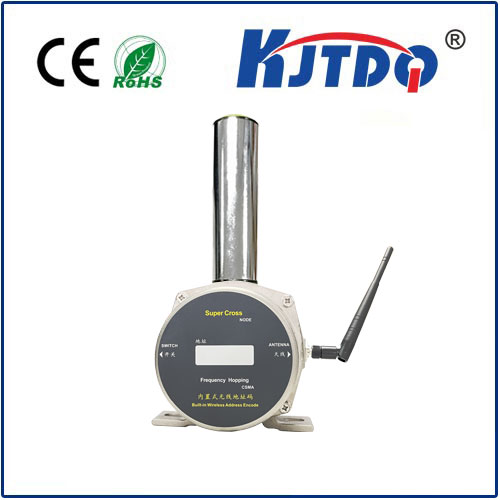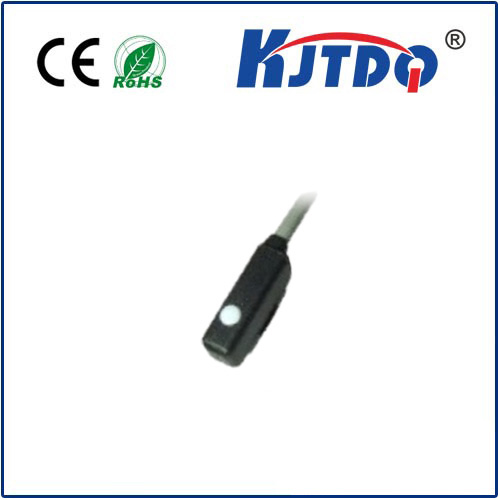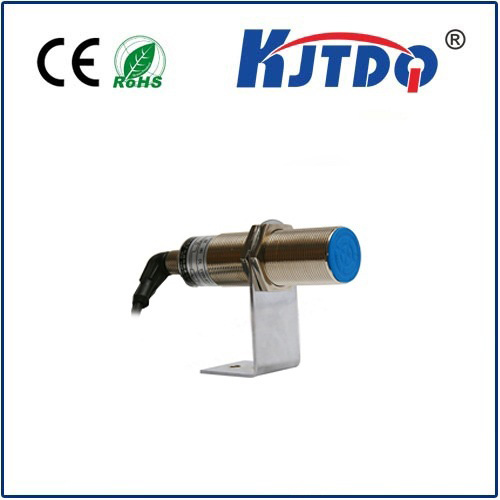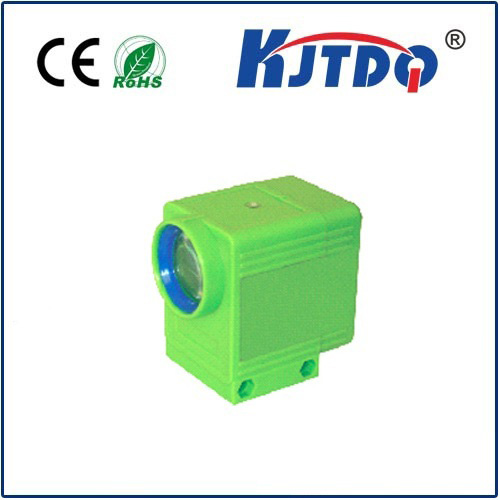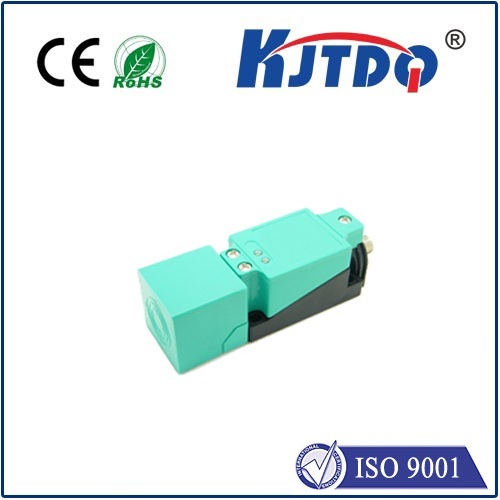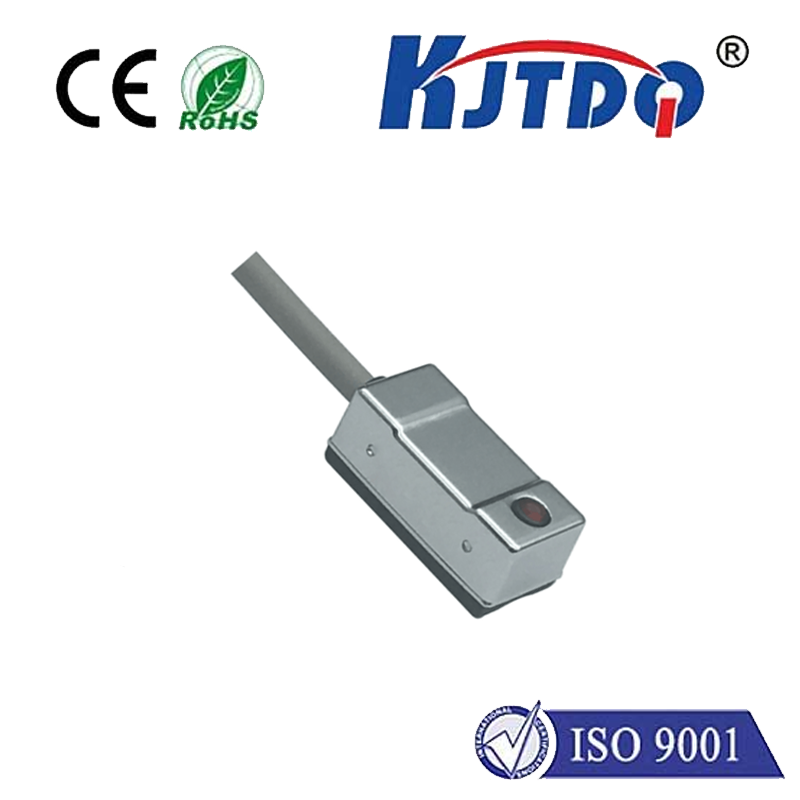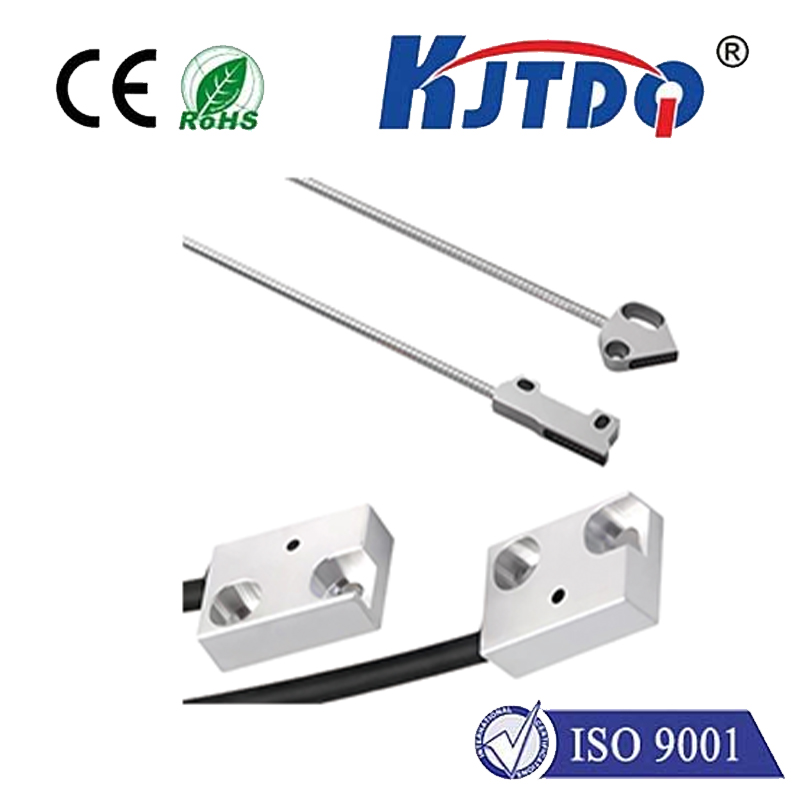
Проверка

Проверка

Проверка

Проверка

Проверка

Проверка
How Alibaba is Revolutionizing the LiDAR Industry: A Deep Dive into Innovation and Applications The fusion of cutting-edge technology and e-commerce giants has always been a recipe for groundbreaking advancements. When it comes to LiDAR (Light Detection and Ranging), Alibaba is emerging as a key player, leveraging its vast resources and innovative ecosystem to reshape the industry. From autonomous vehicles to smart cities, Alibaba’s foray into LiDAR technology is not just a business move—it’s a vision for the future.
LiDAR is a remote sensing technology that uses laser pulses to measure distances and create detailed 3D maps of environments. It’s a cornerstone of modern innovations like autonomous driving, robotics, and urban planning. By emitting laser beams and analyzing the reflected light, LiDAR systems can generate precise, real-time data about their surroundings. The technology’s potential is immense, but its adoption has been hindered by challenges like high costs, bulky hardware, and limited scalability. This is where Alibaba steps in, aiming to address these pain points and make LiDAR more accessible and efficient.
Alibaba is not just an e-commerce giant; it’s a tech powerhouse with a sprawling ecosystem that includes cloud computing, AI, and IoT. The company’s interest in LiDAR aligns with its broader mission to drive digital transformation across industries. Here’s how Alibaba is making waves:
Investment in LiDAR Startups Alibaba has been actively investing in LiDAR startups, providing them with the resources and expertise needed to accelerate innovation. For instance, its venture arm has backed companies developing compact, cost-effective LiDAR sensors for consumer and industrial applications.
Integration with Cloud Computing Alibaba Cloud, the company’s cloud computing division, is integrating LiDAR data into its platforms. This allows businesses to process and analyze massive datasets in real time, unlocking new possibilities for smart city development and logistics optimization.

Autonomous Vehicle Development Alibaba’s DAMO Academy, its global research initiative, is exploring the use of LiDAR in autonomous vehicles. By combining LiDAR with AI and machine learning, the company aims to create safer and more efficient self-driving systems.
Smart Logistics and Warehousing In its logistics arm, Cainiao, Alibaba is deploying LiDAR-enabled robots to automate warehouse operations. These robots can navigate complex environments, improving efficiency and reducing human error.
Alibaba’s involvement in LiDAR spans multiple sectors, each with unique use cases:
Autonomous Vehicles LiDAR is essential for self-driving cars, providing high-resolution 3D maps and obstacle detection. Alibaba’s research in this area could pave the way for widespread adoption of autonomous vehicles in China and beyond.
Smart Cities LiDAR data can help urban planners design smarter, more sustainable cities. Alibaba is leveraging this technology to optimize traffic flow, monitor infrastructure, and enhance public safety.
Сельское хозяйство By using LiDAR to map farmland and monitor crop health, Alibaba is helping farmers increase yields and reduce waste. This aligns with its broader goal of promoting precision agriculture.
Retail and E-commerce In its retail operations, Alibaba is exploring the use of LiDAR for inventory management and customer experience enhancement. For example, LiDAR-enabled devices can create virtual fitting rooms or track product movement in real time.
While Alibaba’s efforts in the LiDAR space are impressive, challenges remain. The technology is still expensive for mass adoption, and there are concerns about data privacy and security. Additionally, regulatory hurdles could slow down its deployment in certain sectors. However, Alibaba’s track record of innovation suggests that these obstacles are not insurmountable. By collaborating with industry leaders, investing in R&D, and leveraging its existing ecosystem, the company is well-positioned to drive the next wave of LiDAR advancements.
Alibaba’s entry into the LiDAR industry is a testament to the technology’s transformative potential. By combining its expertise in AI, cloud computing, and logistics with LiDAR’s capabilities, the company is not just enhancing its own operations—it’s shaping the future of multiple industries. Whether it’s enabling safer autonomous vehicles, building smarter cities, or revolutionizing agriculture, Alibaba’s LiDAR initiatives are a glimpse into a world where technology and innovation go hand in hand. As the company continues to push boundaries, one thing is clear: LiDAR is no longer just a niche technology—it’s a cornerstone of the digital age, and Alibaba is leading the charge.
